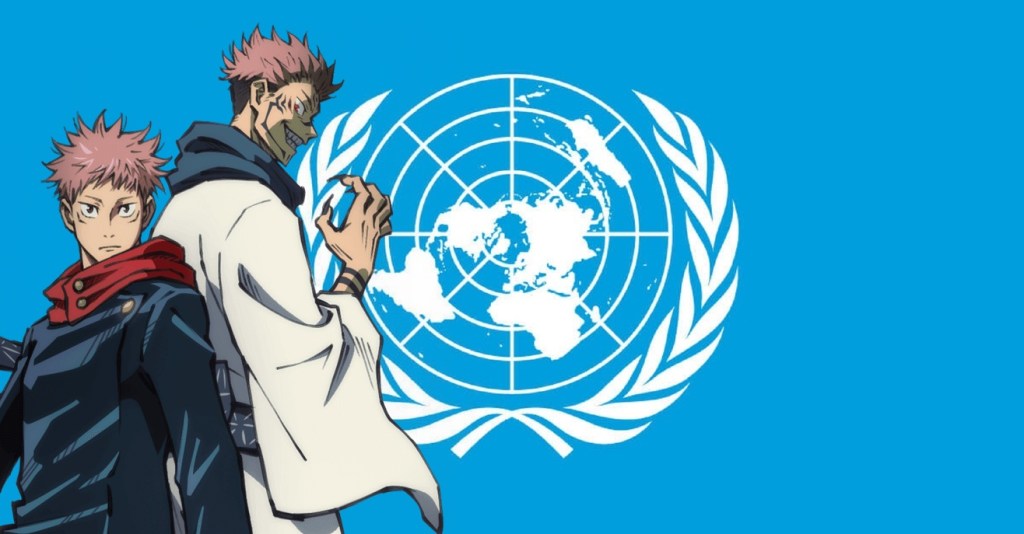The anime industry, despite recent unprecedented growth across the board thanks to worldwide fans diving further into the medium, is still struggling with some major issues. While more money than ever is rolling in, conditions for animators and those responsible for some of your favorite anime series continue to deteriorate. While some conditions have been made better by certain studios, the problem has grown so severe that even the United Nations is warning of a potential “collapse” of the anime industry. In a new report, the U.N. shared what is currently taking place and the best way that studios can prevent the medium from imploding in the future.
Videos by ComicBook.com
The document in question was released by the United Nations General Assembly’s Human Rights Council. Titled “Report of The Working Group on The Issue of Human Rights And Transactional Corporations And Other Business Enterprises,” the report examines many different aspects of the pop culture industry in Japan. On top of the anime industry, the Working Group also explored the idol industry and how “young talent” is coerced into signing contracts that are unfair for the future idols. Considering the popularity of anime like Oshi No Ko, the two entertainment mediums have been crossing over more often than not as of late.

The Anime Industry Needs To Change
To start, here’s how the United Nations summarizes the report, “The Working Group on the issue of human rights and transnational corporations and other business enterprises visited Japan from 24 July to 4 August 2023. The Working Group was encouraged by the important advancements of Japan, including developing a national action plan on business and human rights and issuing the Guidelines on Respecting Human Rights in Responsible Supply Chains. However, challenges remain concerning the business community’s capacity to understand and implement human rights due diligence across value chains.”
The synopsis continues, “The Working Group also expressed concern about the significant difficulties observed in addressing deeply embedded harmful gender and social norms, which was particularly evident in the workplace discrimination and harassment experienced by women, Indigenous Peoples, Buraku people, persons with disabilities, migrant workers and LGBTQI+ persons, among other groups. Government and business initiatives to promote diversity and inclusion and to safeguard the rights of these at-risk groups are crucial moving forward.”
Anime Penalties
When it comes to the anime industry specifically, the United Nations notes that the animation market in Japan has grown in profits to $20 billion USD. Despite this fact, the starting salaries of animators remain quite low, reportedly around $10,000 USD per employee annually. The report also details that around thirty percent of those working were listed as “freelancers” and/or “independent contractors” who were not receiving necessary protections.
The Working Group details how studios are not receiving punishment for these penalties, while also noting that anime creators, much like idols, will routinely sign contracts that “inadequately protect their intellectual property rights.” The U.N. also notes the labor shortage plaguing Japan and states in no uncertain terms that should these issues persist, they could very likely result in the “potential collapse of this industry.”
A major example of these problems has been reported across the board in relation to anime studios. While some production houses, such as Toei Animation, have been praised on conditions for its animators, there remain several other studios struggling to meet workers’ needs. Amongst reports of low pay, harsh deadlines, and rough environments, the industry still has a lot to do to avoid the potential collapse of the industry.
Want to follow along with the ins and outs of the anime industry? Follow along with Team Anime on ComicBook.com for the latest anime updates and hit me up directly @EVComedy to talk all things comics and anime.








